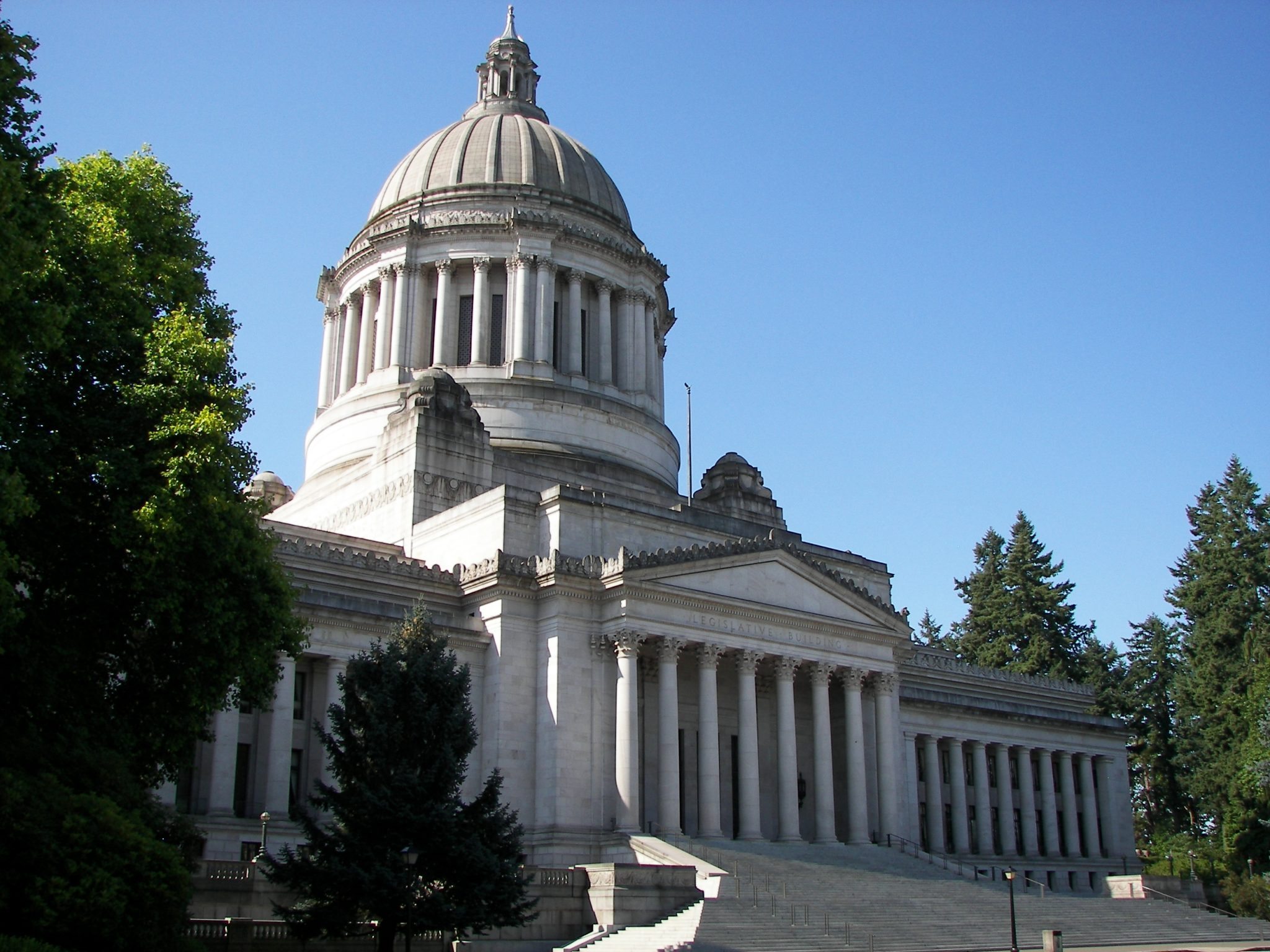Republican State Senator Doug Ericksen, chair of the Senate Energy, Environment and Telecommunications Committee, announced an energy bill last week “to encourage carbon emission reductions, while creating jobs and avoiding new taxes.” Ericksen announced his new bill, SB 5735, at a press conference with the support of three Republicans and two Democrats.
According to the Washington Policy Center, the bill “would allow electric utilities to invest in carbon reduction strategies to meet the alternative energy requirements mandated by Initiative 937. The initiative, passed by voters in 2006, requires utilities to get at least nine percent of their power from renewable resources by 2016. The requirement jumps to 15 percent in 2020. Utilities are not allowed to count hydro-electric power in meeting the clean-energy mandate.”
The bill would allow utilities to gain credit toward I-937’s mandate in “variety of ways, such as building electric car charging stations or developing battery-storage technologies.” The Washington Policy Center,
“Senator Ericksen said that the initiative has not been effective in its current form. He pointed out that utilities have been forced to purchase expensive renewable energy they do not need, while selling low-cost hydropower to other states. Utility customers must pay the difference through higher electric bills.
Senator Ericksen said his bill is not a “climate change” plan. “It is an energy plan for Washington State and the end result is we’re going to produce less carbon,” he said.”
Ericksen’s energy bill—which seeks to incentivize—comes after the release of a new study that reveals the economic harm Jay Inslee’s cap-and-tax bill—which seeks to punish—would inflict on the state economy. The study found that the average household could expect an increase in gasoline, natural gas and electric bills by nearly $60 a month—that does not include the indirect cost increases in consumer goods including food.
The study also revealed Inslee’s cap-and-tax scheme would reduce the average annual employment by approximately 56,000 jobs over the next 20 years. Nearly 6,000 of those jobs would be in the manufacturing sector. The study also found that the total aggregate worker and proprietor’s income would be reduced by an annual average of $3.1 billion per year. That figure, divided by total Washington households, is equivalent to a reduction of $1,200 in annual income per household.
Ericksen stated that, unlike Inslee’s devastating proposal, the Senate’s plan offers “real solutions… without the heavy hand of the regulatory environment driving it.”




